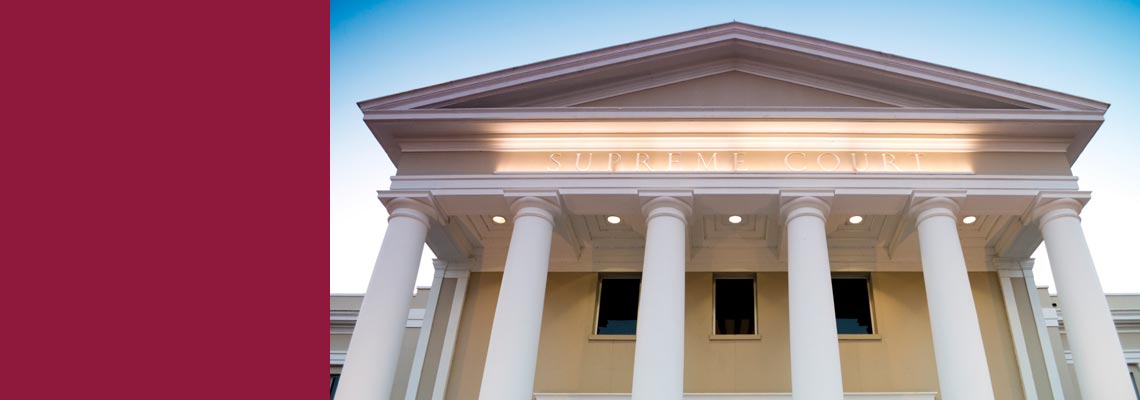A surge of Americans with Disabilities Act lawsuits against business and property owners is again sweeping our area from Marco Island to Tampa, hitting shopping centers, motels, restaurants, resorts, bars, gas stations, and movie theaters, among others. As of January 26, 1992, the Americans with Disabilities Act (ADA) generally required property owners to remove barriers to allow access for disabled individuals in existing structures which are “public accommodations.” A public accommodation is defined as a business which is open to the public, and includes virtually all retail businesses, medical offices, and other places where members of the public may avail themselves of goods and services offered by a business.
Who is liable and what must be done? The ADA requires property owners and tenants/business operators to comply with the law’s requirements. For buildings built before 1992, and which have not been renovated, architectural barriers to disabled persons must be remediated to the extent “readily achievable.” Readily achievable is defined as barrier removal which is able to be carried out without much difficulty or expense. The ADA Accessibility Guidelines (ADAAG) contains a list of 21 generally recommended modifications usually considered to be readily achievable.
Can plaintiffs in these lawsuits force expensive building renovations? No, for existing pre-1992 structures, only readily achievable barrier removal is required. In addition, there are certain defenses which can be raised, for example, that certain changes may be technically infeasible, such as a parking area which is sloped for drainage reasons that cannot be made level without incurring substantial expense.
New construction must be built to current building code standards including adherence to requirements of the new ADAAG. Therefore, when purchasing or leasing property, it is important to review existing building conditions to determine whether changes are required in order to comply with the ADA, prior to purchase and/or opening a new business. Leases often designate who will be the responsible party for ADA compliance and these obligations should be negotiated carefully between the parties.
For further information about your ADA issues, please contact Mary Fabre LeVine at Blalock Walters 941-748-0100 or email: mlevine@blalockwalters.com


